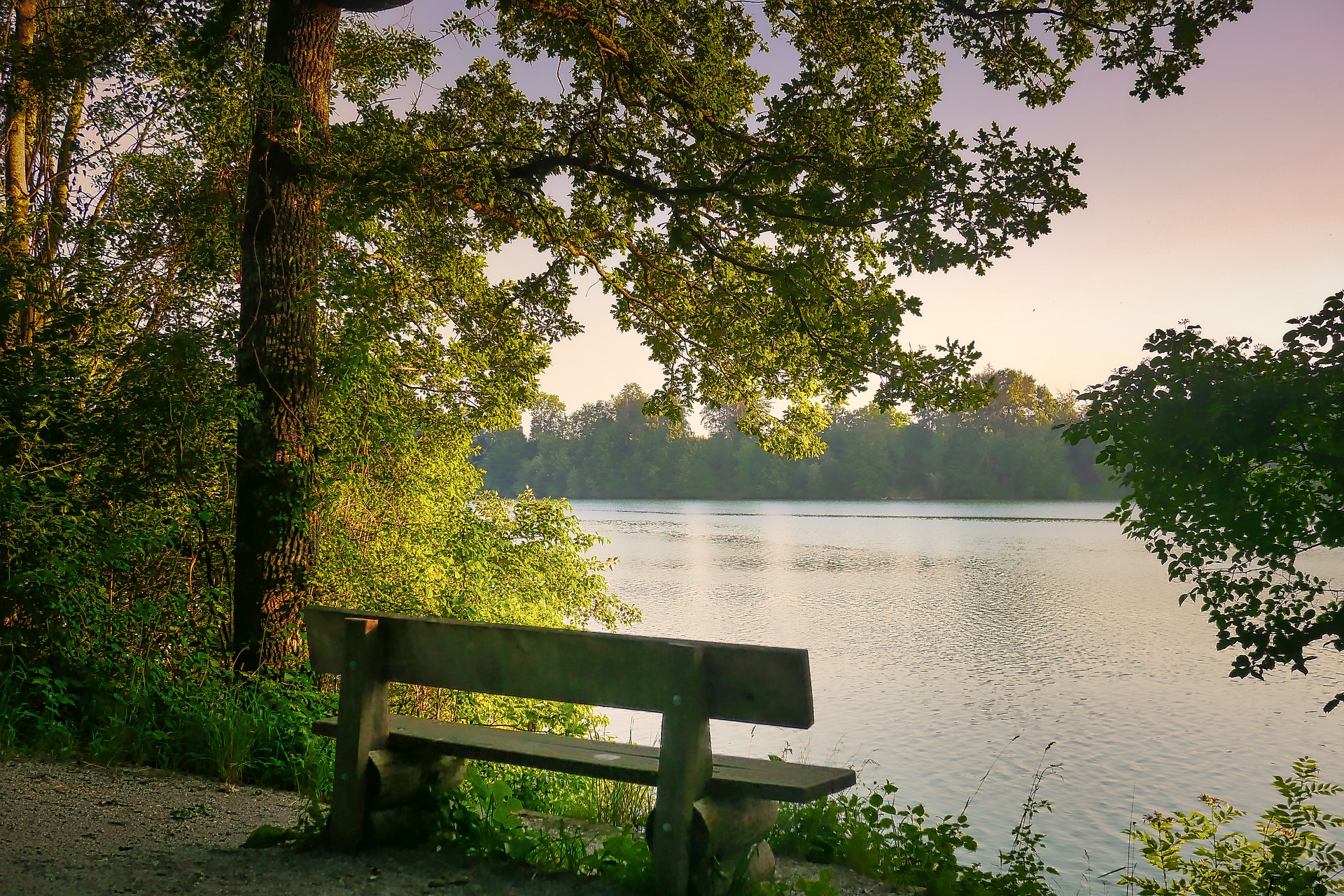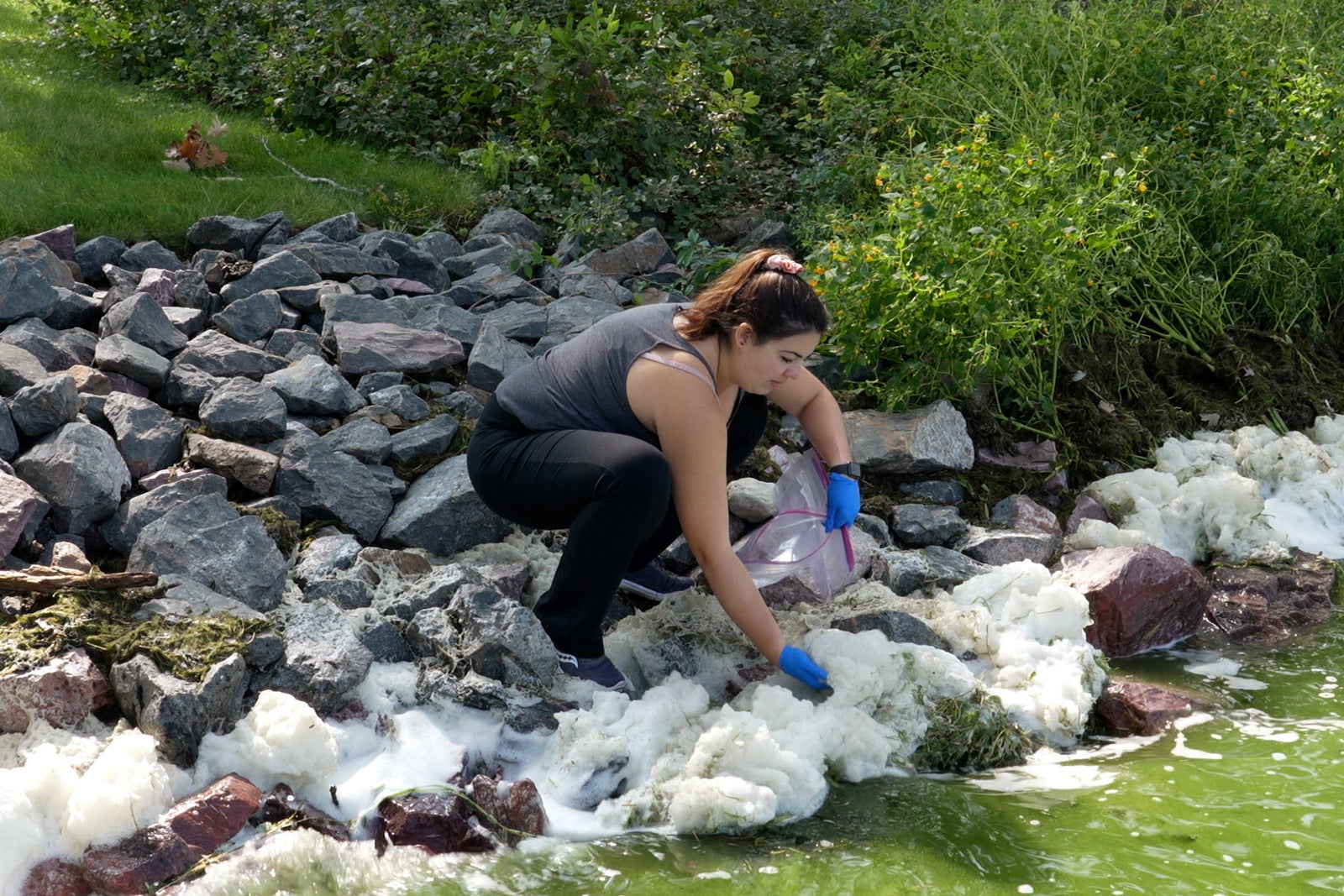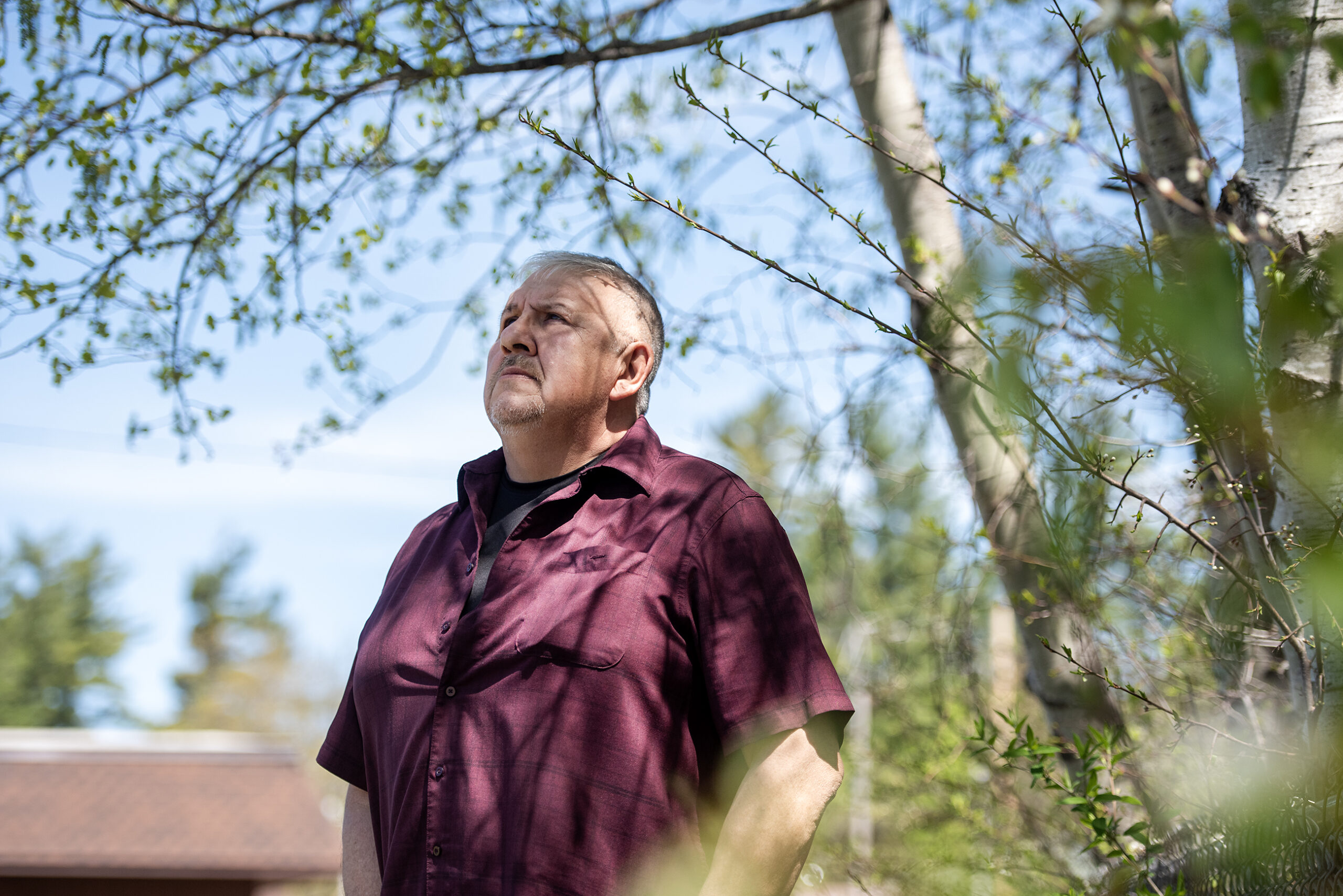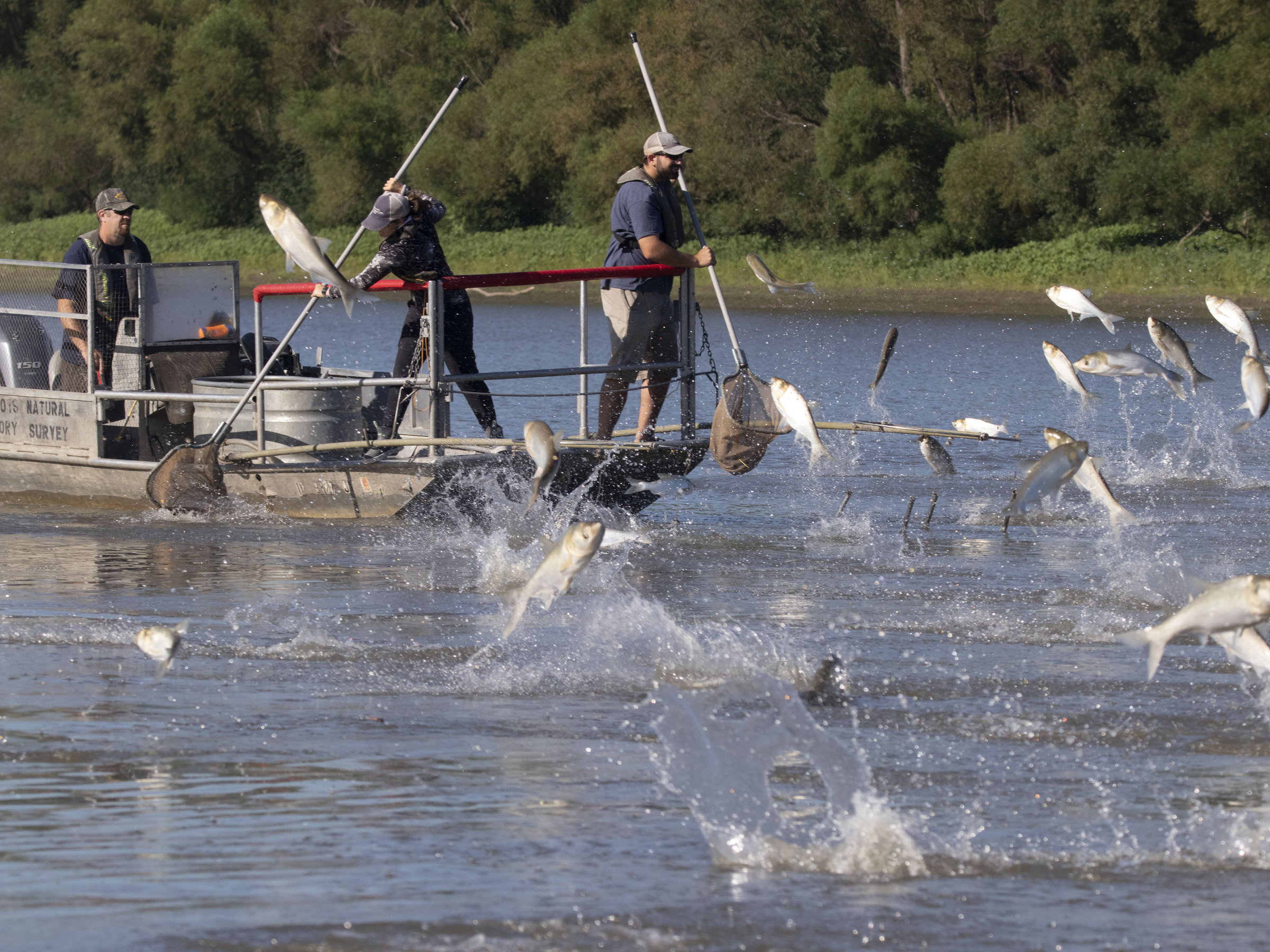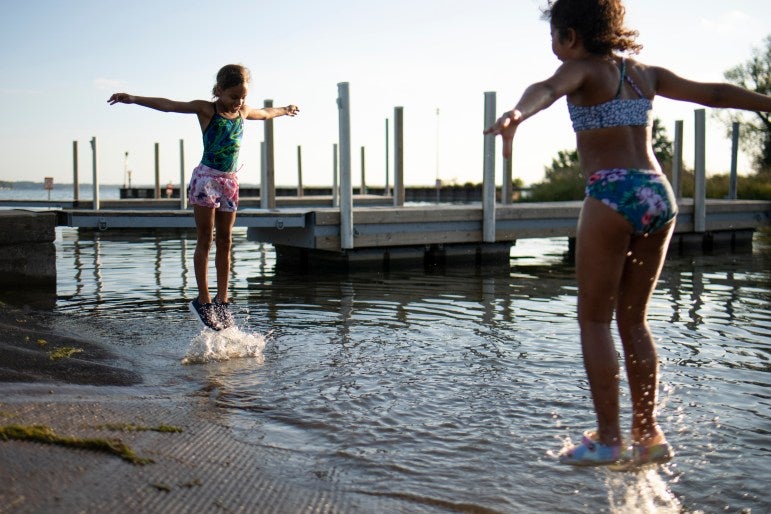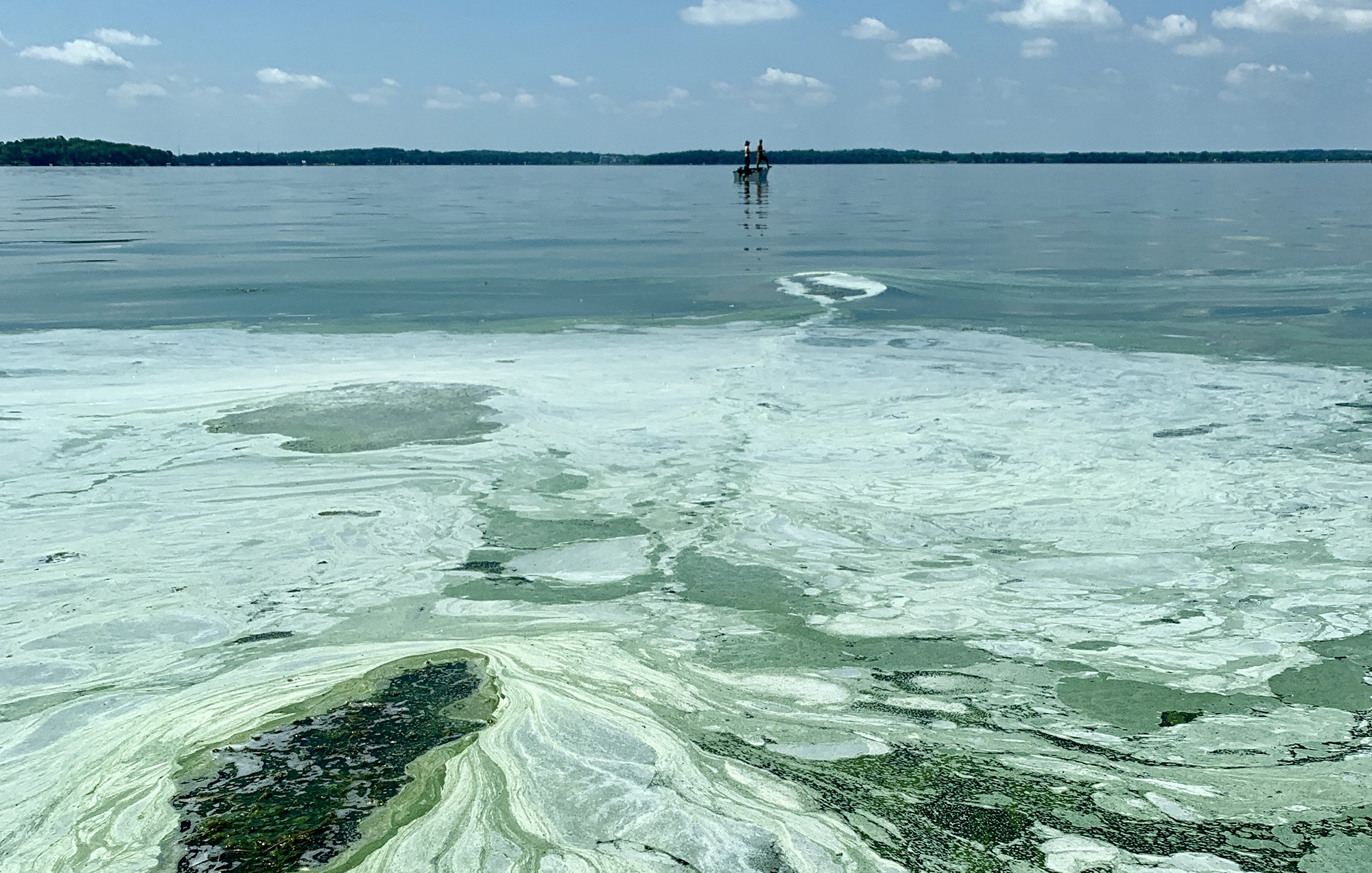Wisconsin has over 15,000 lakes, we take a look at the organization that helps protect and enhance the quality of them. We also hear about this year’s Wisconsin Lakes Partnership Convention.
Featured in this Show
-
41st Annual Wisconsin Lakes Partnership Convention To Focus On Citizen Monitoring
The 41st annual Wisconsin Lakes Partnership Convention will take place April 18 through 20 in Stevens Point to tackle the biggest issues surrounding Wisconsin’s Lakes.
Formed 25 years ago, the partnership represents the lake associations and lake districts performing conservation efforts on the over 15,000 lakes of Wisconsin.
“The Wisconsin Lake Partnership is unique in the nation,” said Mike Engleson, executive director of Wisconsin Lakes. “Three groups together — Wisconsin Lakes, University of Wisconsin-Extension and the (state) Department of Natural Resources — with everyone who works on lakes from county conservation to the citizens we represent, we all work together to improve quality of our water.”
This year’s theme is “Heeding the Call,” in celebration of the organization Loon Watch, and the big push in the lake conservation community is to encourage citizen science and citizen monitoring, Engleson said.
The Wisconsin Lake Partnership works to influence policy at the state level, but Engleson says there are many opportunities for individuals to make an impact on lakes at the local level — and even with their own practices on the lake.
“There’s some really strong work … it’s people locally saying, ‘We can get together,’” he said. “Together we can work to solve problems locally to the extent we can. We all have a part to play.”
Engleson points to invasive aquatic species and polluted runoff as two of the main concerns facing healthy lakes as issues individuals can make a big impact on. And it’s all about awareness.
With invasive aquatic species — organisms that are brought into local ecosystems from outside that can have a negative effect on that ecosystem — the No. 1 thing you can do as citizens is make sure your equipment is clean when traveling from lake to lake, he said.
Polluted runoff, whether from factories, farms or homes, can have devastating effects on water quality, Engleson said. But at the individual homeowner level you can do quite a lot to help, and any little bit will help.
“The Healthy Lakes Initiative offers $1,000 in grants for projects to help prevent runoff like rain gardens, vegetated buffers, and it also pays for fish sticks, which is essentially dropping trees into water to slow down water flow and creates a habitat for fish,” he said. “All of which helps contribute to a higher quality of water in your lake.”
For more information, and to sign up for the convention, visit wisconsinlakes.org.
Episode Credits
- Larry Meiller Host
- Jill Nadeau Producer
- Mike Engleson Guest
Wisconsin Public Radio, © Copyright 2024, Board of Regents of the University of Wisconsin System and Wisconsin Educational Communications Board.
